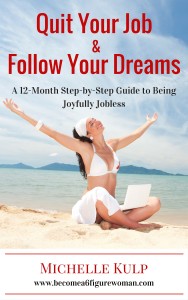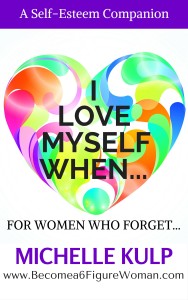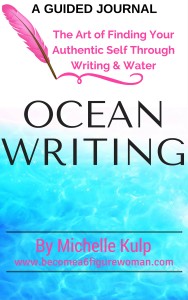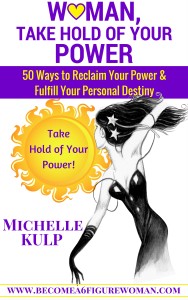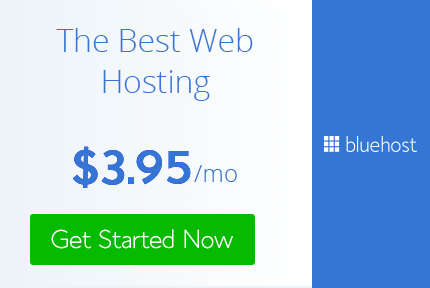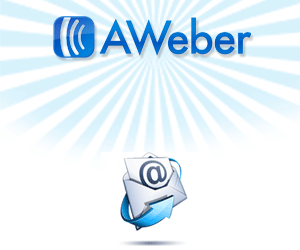Advantages and Disadvantages of Self Publishing in 2015
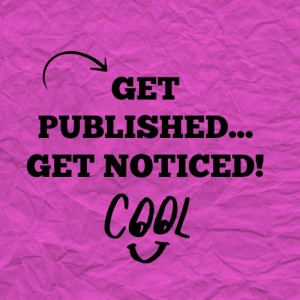 I believe that every entrepreneur should self-publish a book, because self-publishing is the new business card.
I believe that every entrepreneur should self-publish a book, because self-publishing is the new business card.
Let’s be honest, in a digital world full of content, you need to stand out by emphasizing your “expertise” and what better way to do that than with a book.
Blogging is great, but having a book is taking your expertise status to the next level!
Here’s what some of the BIG names are doing and saying about self-publishing:
- Robert Kiyosak, Brendon Burchard and Russell Bruson are all GIVING AWAY their books and building massive email lists in the process. If you’ve heard the saying “the money is in the list” then you understand the method to their madness.
- Amanda Hocking who made over $1 million dollars self-publishing her paranormal ebooks on Amazon BEFORE she got the book deal of her dreams with St. Martins Press who gave her a $2 million dollar advance (she went the back-door way and it worked!).
- Perry Marshall, author of numerous books on sales and marketing says that he increased his consulting fees by 500% when he published and promoted his book!
- Rob Kosberg brought in $2 million dollars in consulting fees for his mortgage and real estate business when he self-published his book, Life After Debt.
Self-publishing a book can take you and your business to the next level!
So let’s look at the advantages and disadvantages of self publishing:
I want to be clear that I am talking about self-publishing an ebook on Amazon who has 65-75% of the book market right now; you can also self-publish a paperback version of your ebook through Amazon’s sister company “Create Space”.
- The #1 advantage to self-publishing a book is control. You control the pricing, the promotions, the content, the cover, and everything having to do with your book.
- The disadvantage to this is that you are doing it all yourself and you don’t have a publisher taking control of things for you. So there is a learning process and some technical skills are required.
- Another advantage to self-publishing a book is that you get to keep more of the royalties than going with a traditional publisher. For example, on Amazon if you price your book between 2.99 and 9.99 then you keep 70% of the royalties. With a traditional publisher, they keep 90% and give you about 10%.
- A disadvantage to self-publishing is that there are a lot of low-quality, unprofessional, un-edited books on Amazon. A traditional publisher has in-house editors, proofreaders, and designers that put out quality books. So you could essentially sit back and let them do all the work on your book and you wouldn’t have to deal with those issues.
- The advantage right now in 2015 is that many of the best editors, designers, marketers are no longer working at the big publishing houses and are striking out on their own and independently charging for their services; so you can hire them and put out a quality book.
In an article published on Writer’s Digest, here’s a breakdown of what they listsed as the pros and cons of self-publishing vs. going with a traditional publisher:
Traditional Publishing Pros
- Wide distribution and more exposure
- Most offer an advance, sometimes a large one
- They do the editing, formatting, cover art
- Marketing power
Traditional Publishing Cons
- Take six to eighteen months before publication
- Price ebooks waaaaaay too high
- They have power over cover art and title
- Don’t use the marketing power they wield effectively
- Pay royalties twice a year
- Don’t involve you in many of the decisions regarding your book
- Difficult to implement changes
- Lousy royalty rates, between 6% and 25%
- Very hard to break into
Self Publishing Pros
- Paid once a month
- You control price and cover
- Publication is almost instant
- Easy to implement changes
- Every decision is yours
- Great royalty rates
- Anyone can do it
Self Publishing Cons
- No free professional editing, formatting, or cover art
- Fewer sales
- Less than 10% of current book market
- Greater potential to publish crappy books
At the end of the day, the decision to go with a traditional publisher or to self-publish is yours.
Here are 4 questions that can help you make your decision:
- What is your goal with the book? To earn income quickly; to build an email list; to sell your products and services on the back end?
- Do you have a list and a following on social media that you can market your book to?
- Do you want to make updates frequently to your book?
- Do you want to run promotions for your book and get it to the best sellers list?
If you answered yes to any of these questions, then you should consider self-publishing.
In 2013 I created my Amazon Best Selling author program to support authors in having a best selling book on Amazon and I’ve taken 100% of my clients to the Best Seller’s list through my strategies and marketing skills. This is a done for you program and I know what it takes to have a best selling book!
What’s interesting to me is, that every week I am getting authors who went with a traditional publisher who are asking for my help in marketing their book. Unfortunately, I can’t help them because the publisher has 100% control of the book (and ebook if their is one) and believe me the publishing house won’t relinquish any of that control.
If you’re considering self-publishing a book, and you’d like to talk to me about it, I have a FREE strategy session available for you. You can review my 6 case studies and then click on the FREE strategy Session button.
I hope this article helped you make your decision on which route to go. I think that self-publishing works for so many reasons and that you should seriously consider that as an option.
